For me it is a fairy tale quite similar to that of the ugly duckling. Perhaps you know. And from the ugly duckling we can learn if you are in such a miserable situation what to do. And what did the little ugly duckling [do]? It went into the world and look for birds of the same feather.
Internet Hall of Fame 2013 (Page 4 of 5)
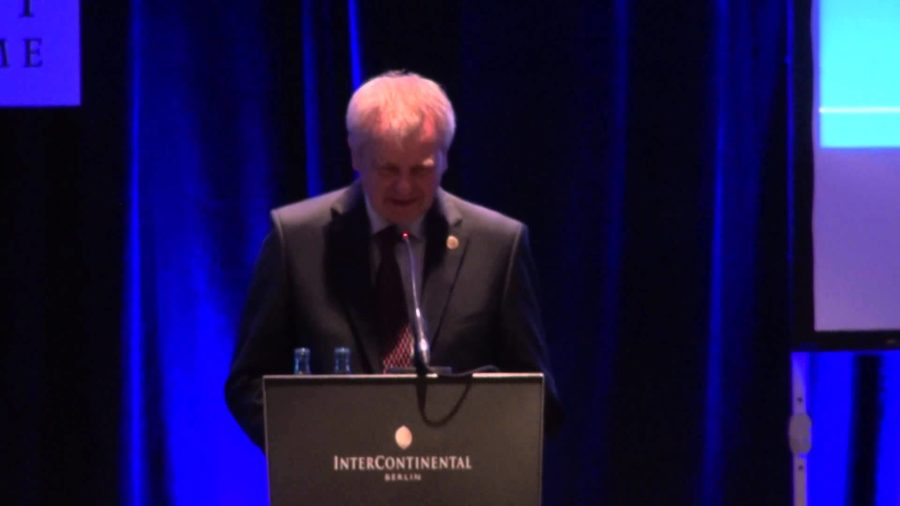
Werner Zorn’s Internet Hall of Fame 2013 Induction Speech
presented by Werner Zorn
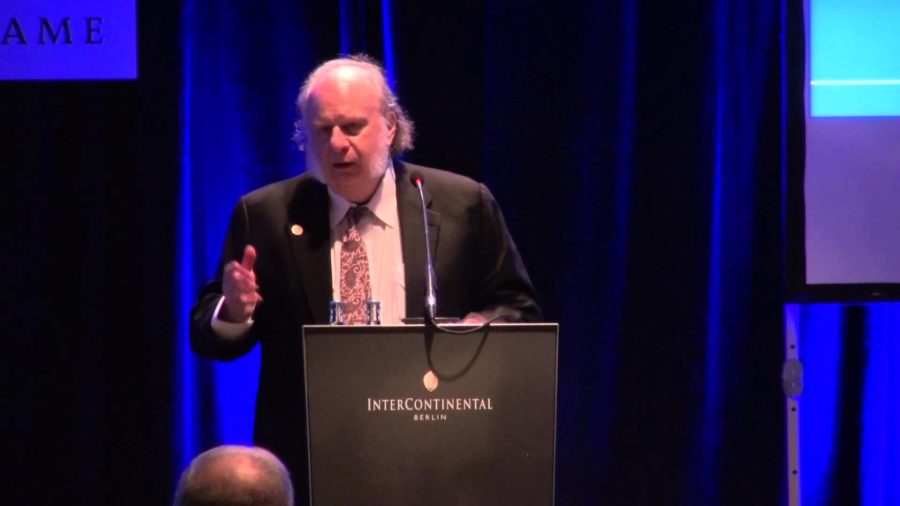
JCR Licklider’s Internet Hall of Fame 2013 Induction Speech (Posthumous)
presented by JCR Licklider
He would say to you that you are all wrong and that he never should have been chosen to receive this award. He was a fairly humble guy and would sit here—and it’s been a recurring theme—he would begin naming the names of all the people who really did the work. And he would sort of just say, “I was there.”
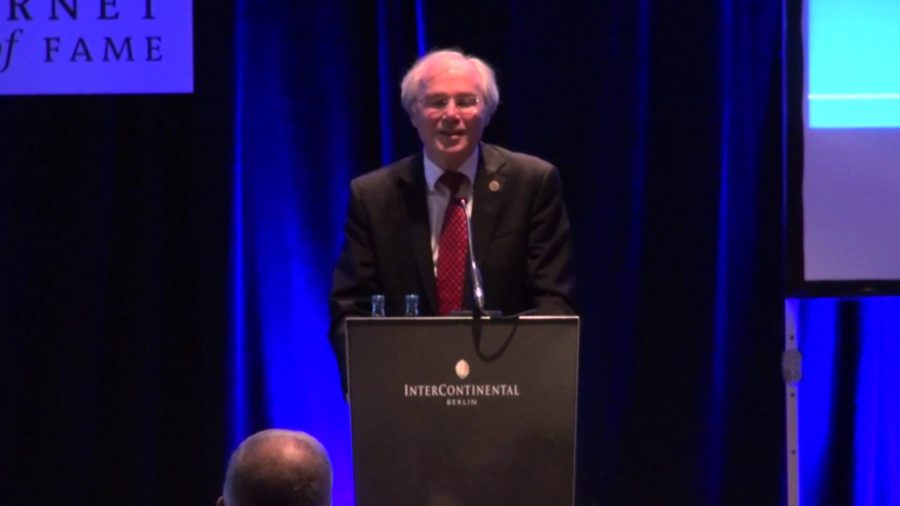
It’s of course obvious that the Internet is a huge success. And it’s impossible to imagine a world without it anymore. At the same time, I think the current Internet is not future-proof anymore.
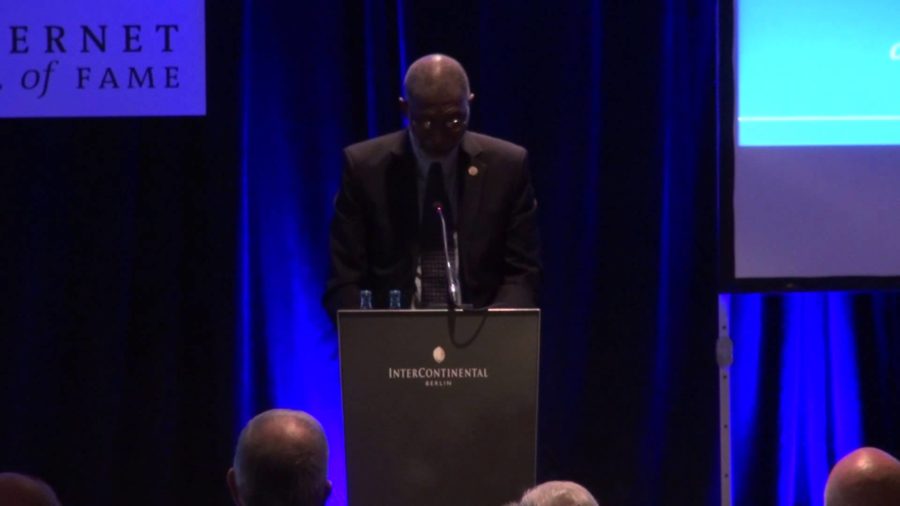
Nii Quaynor’s Internet Hall of Fame 2013 Induction Speech
presented by Nii Quaynor
I know this honor is not for me alone but also for the billions who still do not have the benefit of the Internet. But I accept it and thank everyone on their behalf as well.
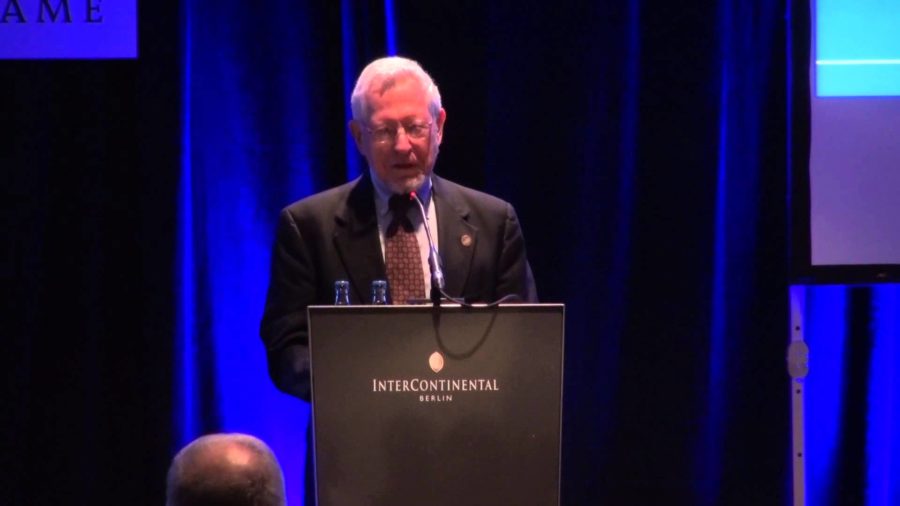
After two weeks we were nowhere. And it drove home to me the concept of information poverty in a way that no other experience had.
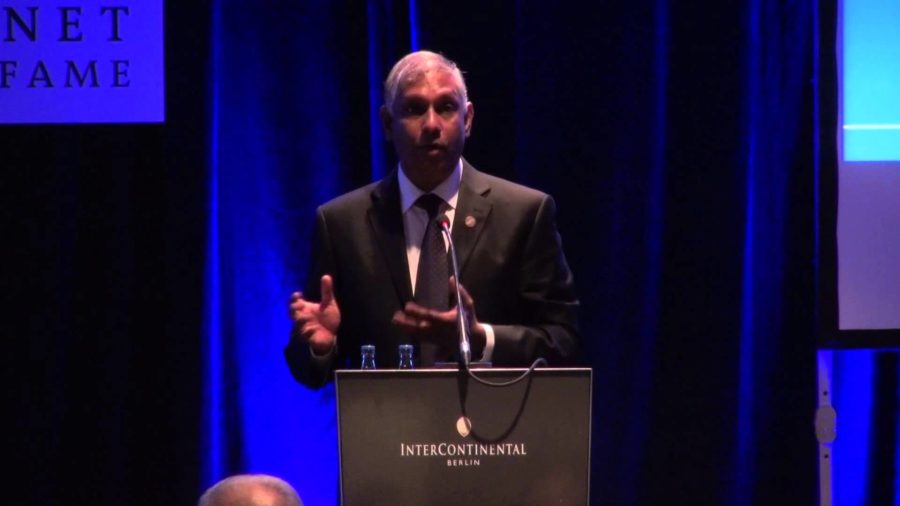
In 2002, I took up another challenge. That is, how we make these computers available for people who do not speak English?
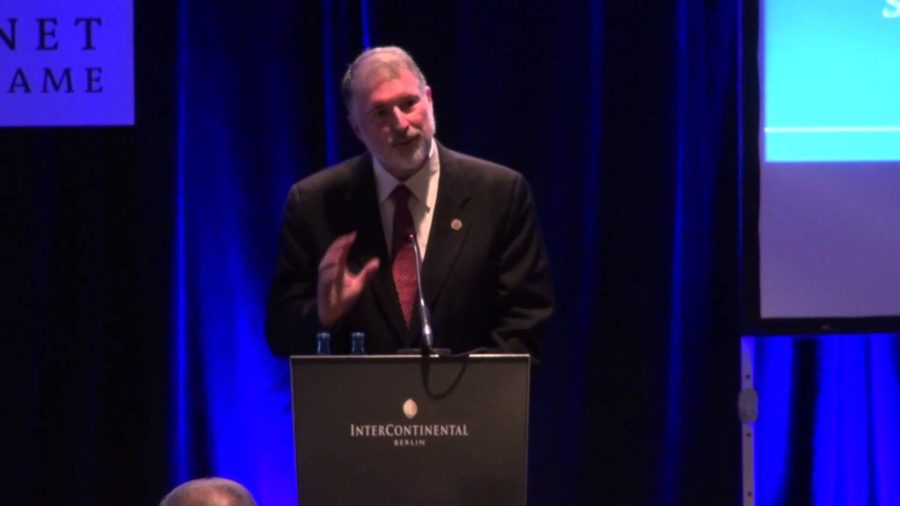
The first Internet exchange without a gateway in the middle appears to have been in College Park, beginning in about 1986, and I was fortunate enough to be at the right place at the right time.
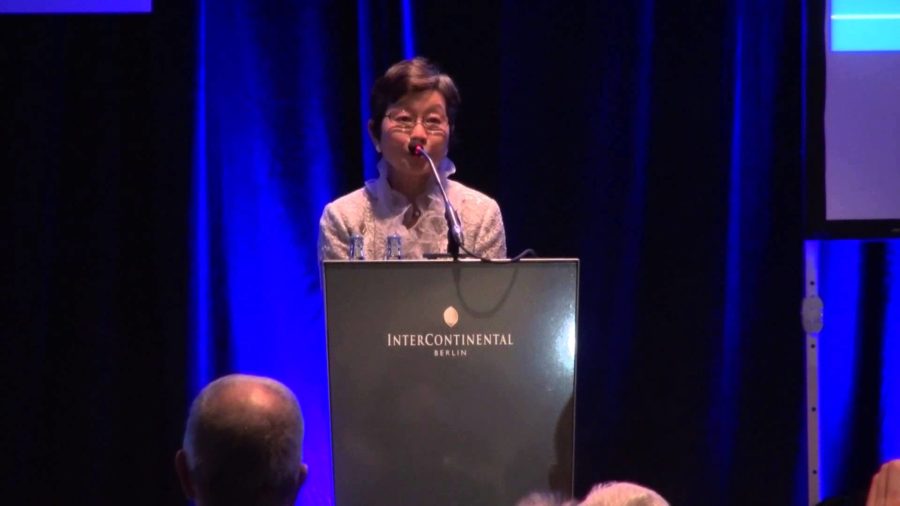
Haruhisa Ishida’s Internet Hall of Fame 2013 Induction Speech (Posthumous)
presented by Haruhisa Ishida
He was happy working with the people of computer science, and working for the Internet or computers. And this is all that I can say.
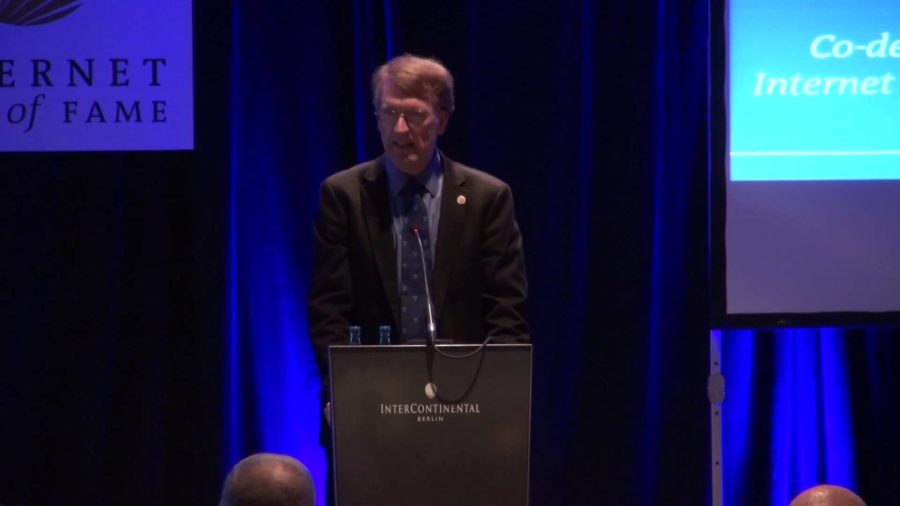
The second phase is nobody cared. That’s a really good thing. Because you can actually do engineering work without having grand ambitions or having lots of people, say at other standards organizations, suddenly get interested. They didn’t know what was hitting them.
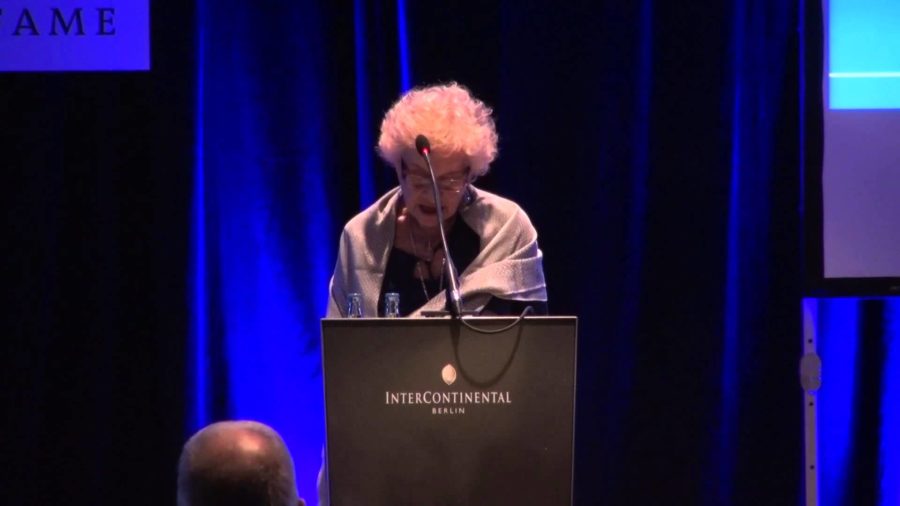
Ida Holz’s Internet Hall of Fame 2013 Induction Speech
presented by Ida Holz
For developing countries like ours, the Internet is a means of collaborating and access to knowledge all around the world alike.
